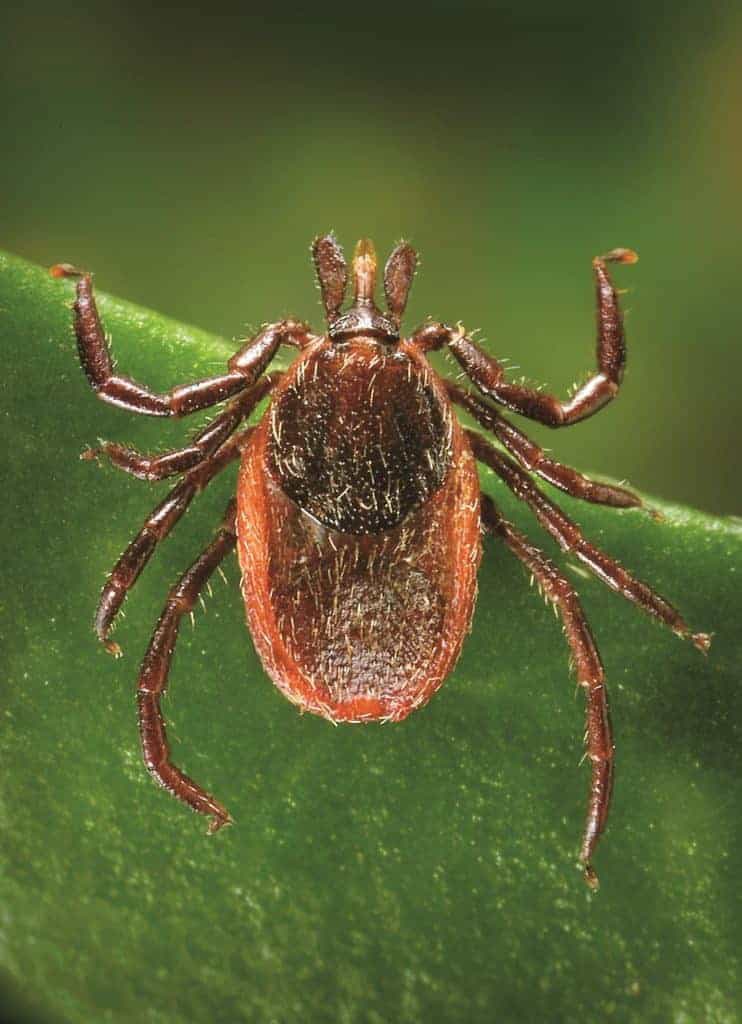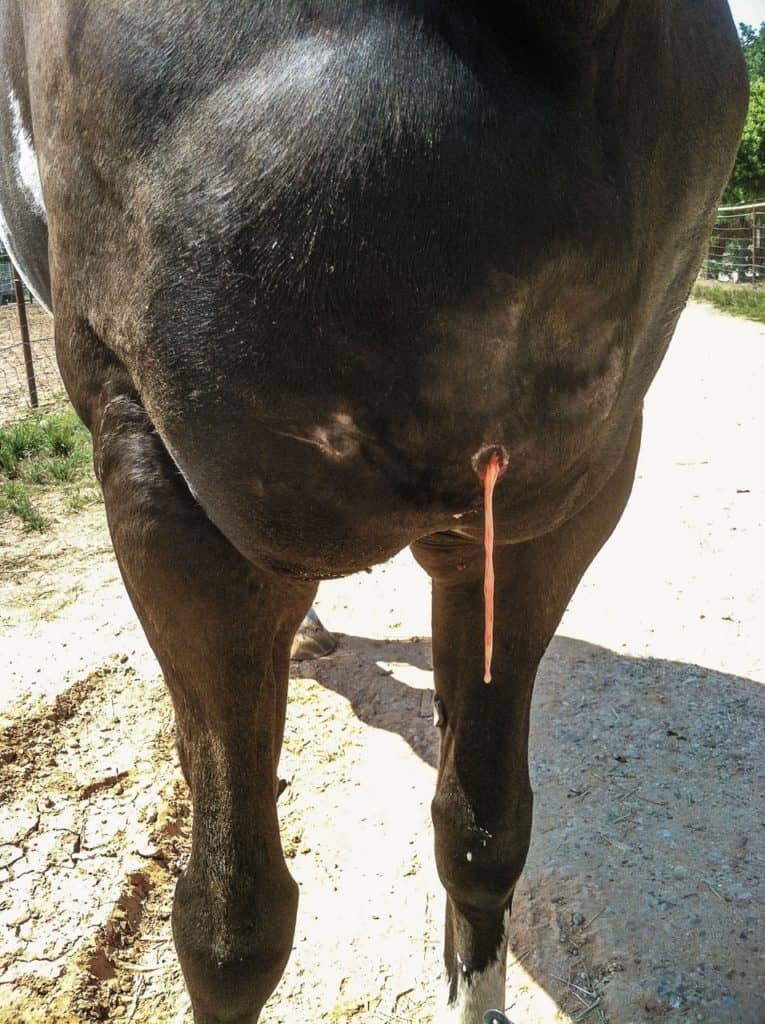
Equine Lyme Disease: What You Need to Know
Learn how horses contract Lyme disease, what clinical signs to watch for, how to treat it, and more.

Learn how horses contract Lyme disease, what clinical signs to watch for, how to treat it, and more.

Find out how to protect your horse from infectious diseases when traveling to clinics, shows, and trail rides from Dr. Paul Morley, director of infection control at the Colorado State University Veterinary Teaching Hospital.

Summer is peak season for horse shows and events, and Colorado State University (CSU) veterinarians remind riders that it’s important if traveling to take steps to help prevent the spread of equine infectious disease.

Learn about this difficult-to-diagnose disease, what clinical signs to watch for, and how veterinarians treat it.

The toxins that cause this potentially fatal neurologic disease could be lurking in your horse’s environment or hay. Learn how to recognize and prevent botulism with this visual guide.

Remember these important steps if you’re faced with an infectious disease outbreak, regardless of what condition is at the center of the issue.

There are some horse health conditions that remain difficult to treat. And diagnose. And study. One of those conditions is equine Lyme neuroborreliosis. Here’s what you need to know about this potentially deadly condition.

Ticks might be tough opponents, but there are things you can do to reduce pasture infestations and protect horses.

As pigeon fever spreads across the United States, so does information—and misinformation—about it. Here we’ll take a look at the true causes, treatments, and outcomes.

By maintaining a clean facility, instituting several simple biosecurity precautions, and regularly disinfecting your barns and stalls, you will be better able to prevent and control disease on your farm.

The most common way adult horses contract the disease is by eating feed, such as hay or grain, that contains animal remains.
The first confirmed case of Australian bat lyssavirus in a horse was reported in May 2013 in Queensland.

Learn how to evaluate risk and protect your horse from infectious disease at event facilities.
Trypanosomiasis in horses can cause incoordination and hind limb paralysis, among other issues.

Dr. Nicola Pusterla shares what horse owners need to know about EHV, its clinical signs, and treatment and prevention methods.

Veterinarians are reporting increasing numbers of horses being diagnosed with pigeon fever.
Stay on top of the most recent Horse Health news with
"*" indicates required fields